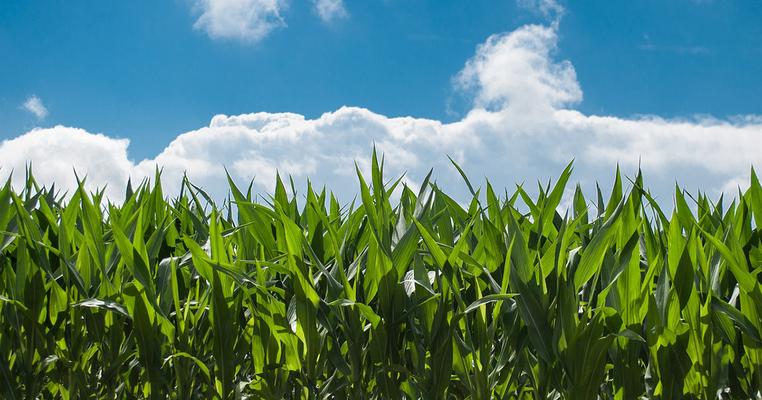
The Climate-Health Connection: Food and Water Insecurity (VIDEO)
When it comes to our food and water, the climate-health connection works like this: burning fossil fuels fill the atmosphere with carbon pollution, raising temperatures worldwide and threatening the well-being of people in communities everywhere.
These rising temperatures mean less snow piling up in winter, snow that used to feed rivers and reservoirs come spring. Longer droughts and less water seeping down into the earth and restoring critical groundwater supplies. Thawing glaciers that once provided water for billions slowly disappearing. Erratic rains increasing droughts and contributing to a world with less and less clean water.
Less water for us to live.
Less water for the farms that feed us, too.
Devastating storms and floods are striking harder and more often, sometimes wiping out entire harvests. More and more, rain and frost are coming out of season and destroying crops. And pests and plant diseases are spreading further across our planet, reaching regions once too cool to support them.
In short: The climate crisis is throwing seasons out of balance and fueling all kinds of extreme weather, threatening global food and water supplies.
And these dangers are growing at the same time that the world's population is too.
“The world population is expected to grow to almost 10 billion by 2050. With 3.4 billion more mouths to feed…global demand for food could increase by between 59 and 98 percent,” according to Columbia University. “This means that agriculture around the world needs to step up production and increase yields.
“But scientists say that the impacts of climate change—higher temperatures, extreme weather, drought, increasing levels of carbon dioxide, and sea level rise—threaten to decrease the quantity and jeopardize the quality of our food supplies.”
The stakes don’t get much higher than that.
WATCH:
Scientists are also just beginning to understand a new threat: elevated levels of carbon dioxide in the atmosphere are depleting protein and other key nutrients like iron and zinc in our crops. The food we've eaten for centuries is slowly becoming less nutritious, putting countless people at risk of malnutrition.
“Every leaf and every grass blade on earth makes more and more sugars as CO2 levels keep rising,” one researcher told POLITICO. “We are witnessing the greatest injection of carbohydrates into the biosphere in human history ― [an] injection that dilutes other nutrients in our food supply.”
Some researchers have called this the “junk food effect.”
While this area of study is relatively new, scientists hypothesize that increased atmospheric CO2 speeds up photosynthesis, the process that helps plants transform sunlight to food. This makes plants grow faster, but in so doing they pack in more carbohydrates like glucose at the expense of other essential nutrients human beings (and other animals, right down the food chain) depend on.
Bottom line: it's a direct connection from burning fossil fuels to a world where nutritious food and clean water becomes scarce. But today, we can skip the dirty stuff and protect our health and power our lives with clean and affordable renewable energy.
In the world where our health is in the balance, the choice is clear: protect our planet protect ourselves.
Will you join us?

